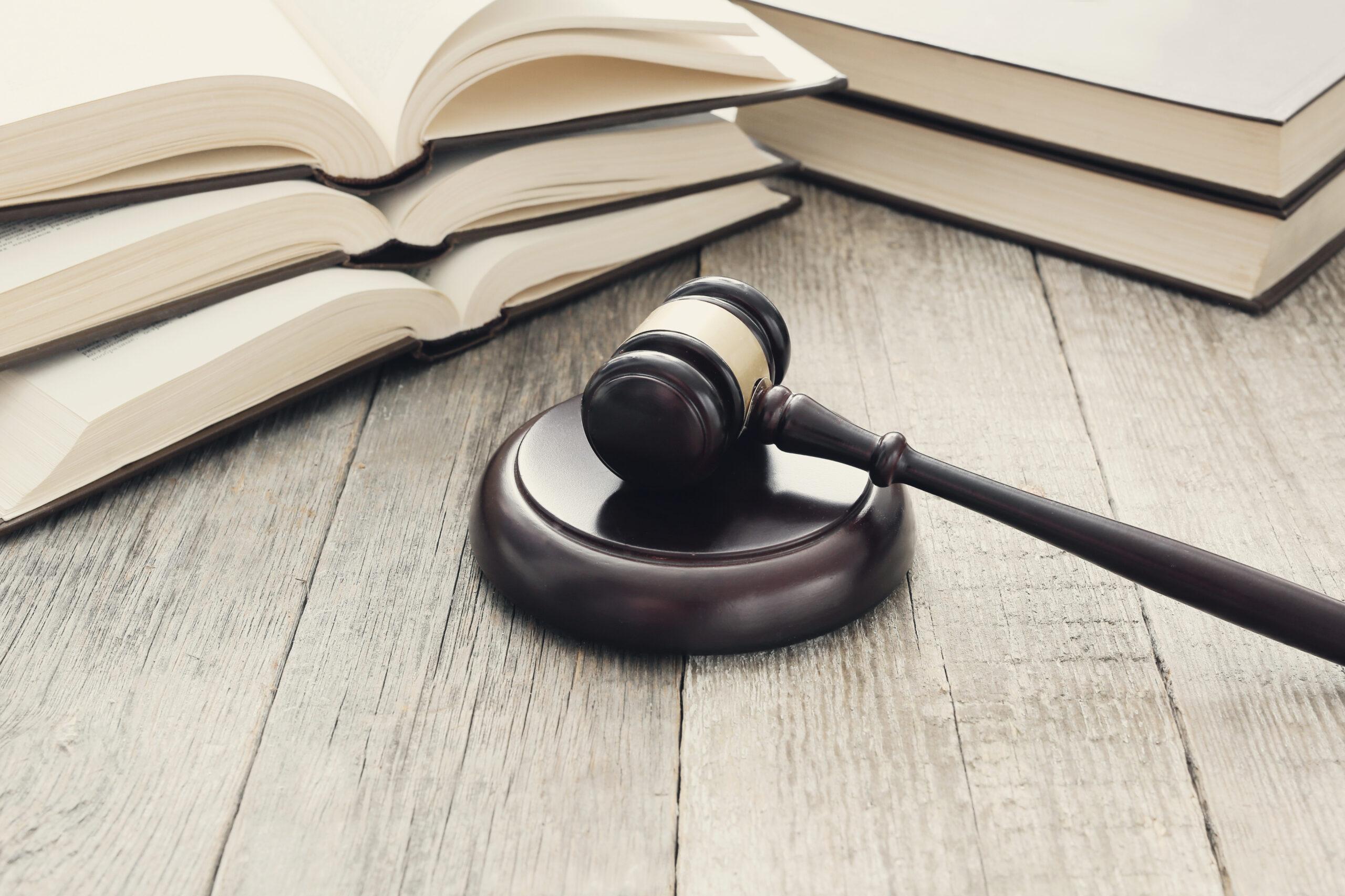Five individuals have filed a class action lawsuit against e-commerce giant Amazon.com Inc. for allegedly excluding their zip codes from its fast delivery service for Prime members.
The lawsuit, filed Thursday in federal court in Seattle, alleged that Amazon stopped servicing historically poor communities with its own Prime delivery trucks since 2022 and began outsourcing deliveries to UPS and US Postal Service.
Affected areas included economically disadvantaged neighborhoods, specifically zip codes 20019 and 20020 which were both located in the east of the Anacostia River.
“Amazon’s deception has caused long-time Prime members in these neighborhoods to pay for faster deliveries they no longer regularly receive,” the suit said.
“It also has induced prospective Prime members in these neighborhoods to sign up for an expedited delivery service that, for them, does not exist,” it added.
Attorney General Brian Schwalb’s office said that the company misled people about the value of its $139-a-year Prime membership, failing to notify them of slower deliveries and misrepresenting the cause of the changes.
In light of this, he said his office was suing Amazon “to stop this deceptive conduct and make sure District residents get what they are paying for.”
Meanwhile, Amazon spokeswoman Kelly Nantel denied the allegations, saying that the company implemented operational changes for the safety of its drivers.
“We are always transparent with customers about delivery expectations,” she added.
Nantel said that Amazon would coordinate with the attorney general’s office to reduce crime and improve safety in the affected areas.
“Nevertheless, we will proceed in the process and demonstrate that providing fast and accurate delivery times and prioritizing the safety of customers and delivery partners are not mutually exclusive,” she said.
The lawsuit asked for the reversal of Amazon’s “exclusion” and that 48,000 residents who bought Prime memberships in the affected neighborhoods be paid financial damages.
Lawyer Jarrett Ellzey, who represented the plaintiffs, argued that while Amazon can take measures to protect its drivers, it does not have the right to charge its customers for services it fails to provide.
This was not the first time that Amazon was accused of a discriminatory service. In 2016, a Bloomberg investigation found that lower-income neighborhoods of cities like Boston consistently experienced slower delivery.

